Graphene-based packaging presented as first truly biodegradeable and compostable alternative to plastic
Envirotec Magazine
NOVEMBER 27, 2020
UK biotech company Toraphene says it is preparing to unveil the world’s first truly biodegradable, compostable and commercially viable alternative to plastic packaging. It’s because they need specific manmade conditions to biodegrade, and many degrade into microplastics, which contaminate our oceans and food chain for centuries”.


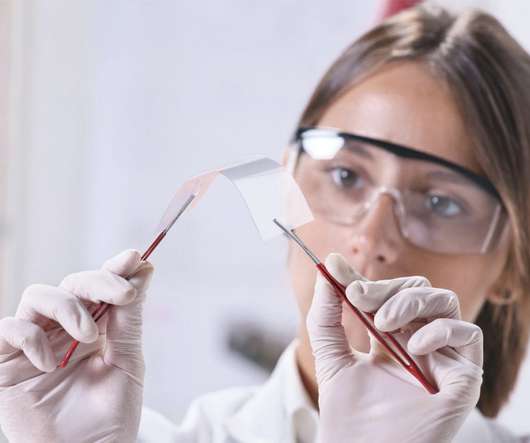
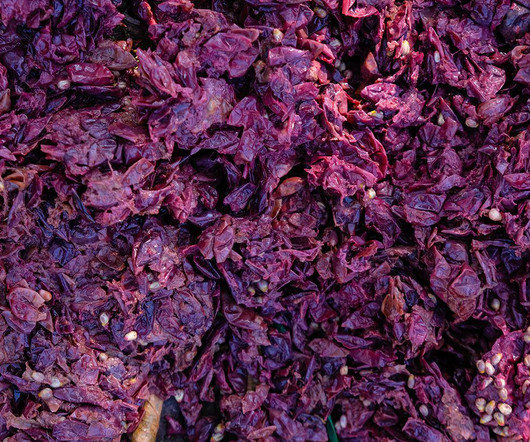
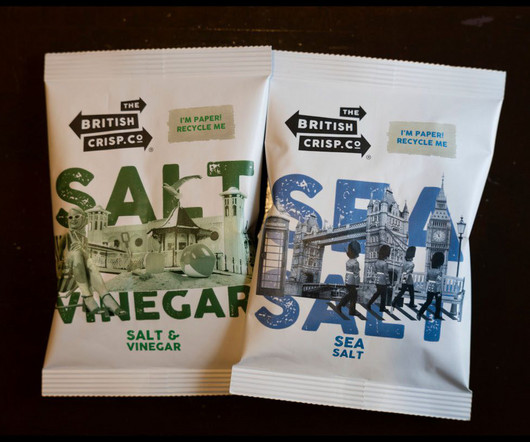

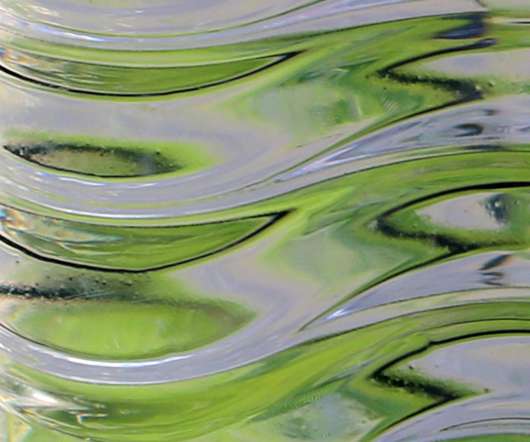
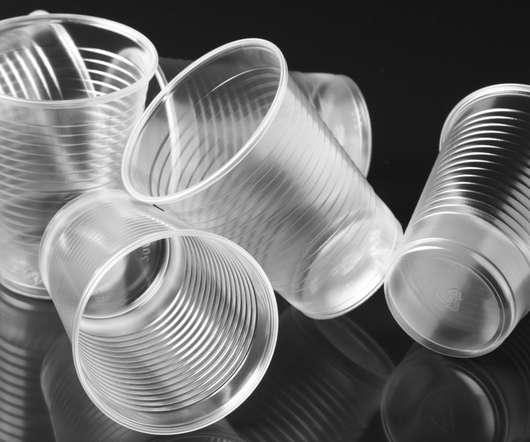








Let's personalize your content